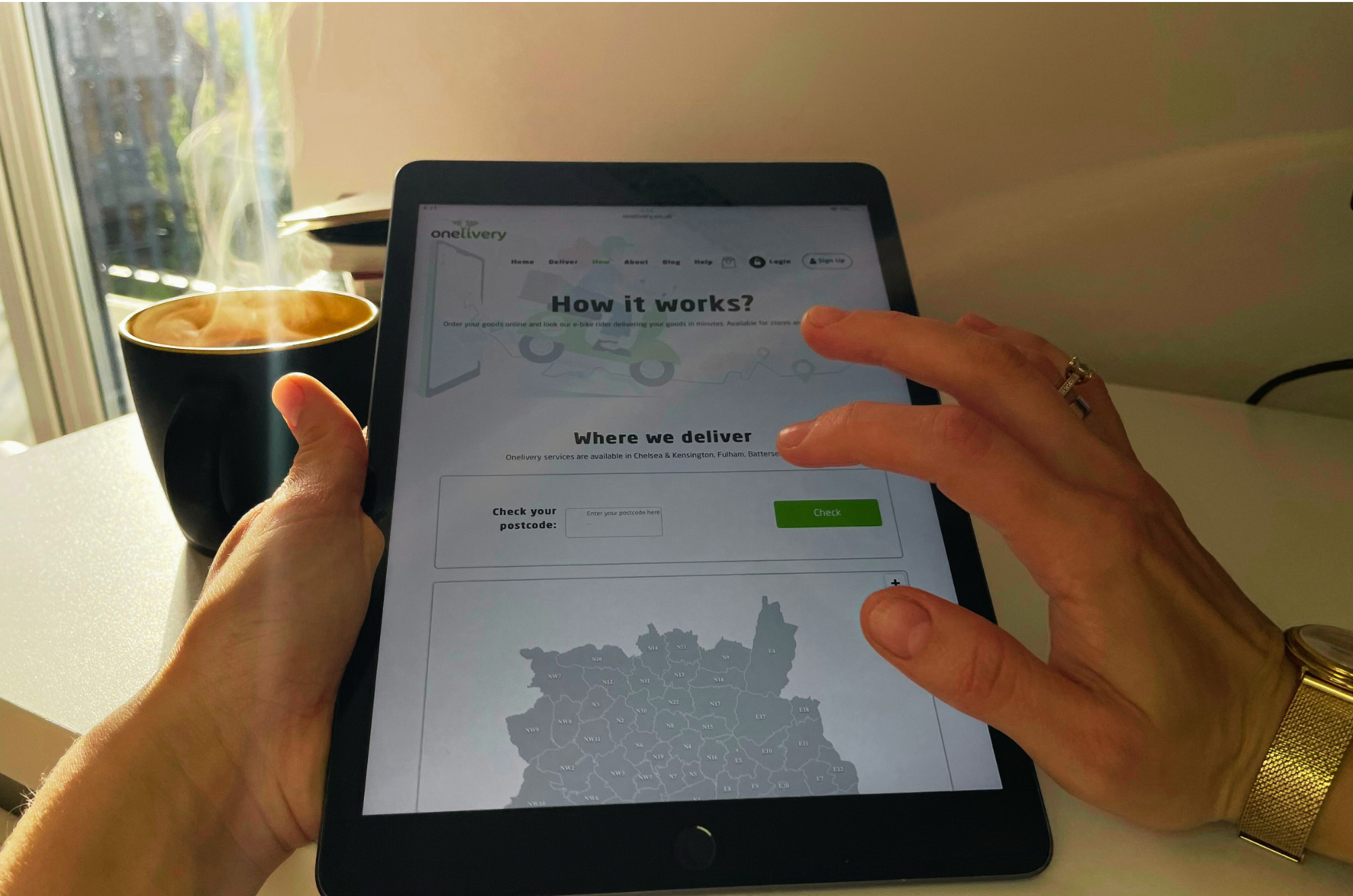The Ethical Implications of Delivery Services: How Green is Your Parcel? In recent years, there has been a growing awareness of the environmental impact of delivery services on climate change. As consumers, we rely on these services for the convenience of having goods delivered directly to our doorsteps. However, as we now know, convenience usually comes at a massive ‘cost to the environment’. Carbon emissions generated by transportation and logistics operations have raised ethical concerns about their contribution to climate change. Not only is this last link – from retailer/supplier to the consumer – the most visible and highly variable, but it is also the most energy-intensive and typically generates more CO2 emissions than all the upstream logistical activities
So, should you be opting for a trip to the shops over a home delivery? In this blog post, we'll explore the ethical implications of delivery services on climate change and how we can work towards more sustainable solutions.
The Carbon Footprint of Delivery Services
Delivery services, particularly those reliant on fossil fuel-powered vehicles, contribute to carbon emissions through transportation and logistics activities. According to a study by the World Economic Forum, the transport sector accounts for approximately 14% of global greenhouse gas emissions, with road freight being a significant contributor. The reliance on diesel-powered trucks and vans for last-mile delivery exacerbates this issue, leading to air pollution and environmental degradation.
Addressing Last-Mile Delivery Challenges
Last-mile delivery, the final leg of the delivery process from distribution centres to the customer's doorstep, poses significant challenges in terms of environmental impact. The use of individual vehicles for delivery increases congestion, emissions, and energy consumption. However, innovative solutions such as electric vehicles (EVs), bicycle couriers, and drones offer promising alternatives to reduce the carbon footprint of last-mile delivery. For example, EVs produce zero tailpipe emissions and have lower operating costs than traditional vehicles, making them a more sustainable option for urban delivery.
Promoting Sustainable Practises
To mitigate the environmental impact of delivery services, businesses and consumers alike can adopt sustainable practises. Businesses can invest in green logistics strategies such as route optimisation, vehicle electrification, and packaging redesign to reduce emissions and waste. Consumers can also play a role by choosing eco-friendly delivery options, consolidating orders to minimise packaging and delivery trips, and supporting companies that prioritise sustainability in their operations.
The Role of Onelivery
At Onelivery, we recognise the ethical implications of delivery services on climate change and are committed to reducing our environmental footprint. Through our Green Delivery Initiative, we are implementing eco-friendly practises such as transitioning to electric delivery vehicles, optimising delivery routes to minimise emissions, and using sustainable packaging materials. By prioritising sustainability in our operations, we aim to minimise our impact on the environment and contribute to a greener future for all.
The ethical implications of delivery services on climate change highlight the need for sustainable solutions to minimise environmental impact. By adopting eco-friendly practises and promoting greener alternatives, we can mitigate the carbon emissions generated by transportation and logistics operations. At Onelivery, we are dedicated to leading the way towards a more sustainable delivery industry and fostering a healthier planet for future generations.









